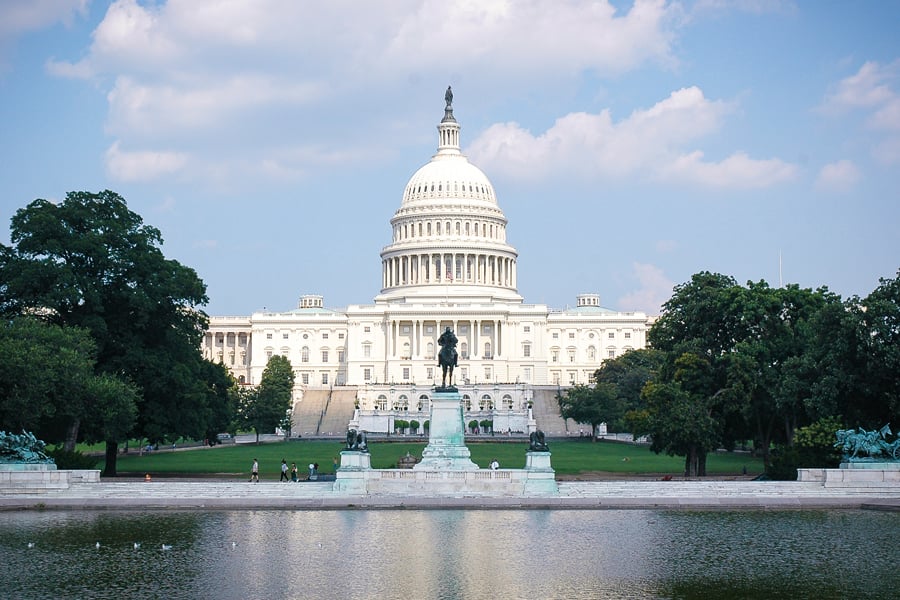Watch out, Wall Street. Democrats, who have so far focused on
plans to tax the super-rich, are turning their sights to capital markets.
Expect to hear a lot about financial transaction taxes. These are small levies on stock and bond trades meant to curb high-frequency trading and speculative betting, which can lead to chaotic swings in the market. Sen. Brian Schatz of Hawaii became the latest Democrat to propose the idea, introducing his
version on Tuesday.
The bill, which is more a political message than a plan likely to be signed into law in the coming years, would levy a 0.1% tax on trades of stocks, bonds and derivatives.
"Over the last decade, Wall Street has made record profits from high-risk trades that have made the market dangerously volatile, while doing nothing to add real value to our economy or raise wages for workers," Mr. Schatz said in a statement. Rep. Peter DeFazio, an Oregon Democrat, is sponsoring the idea in the House.
Mr. Schatz's 0.1% tax would go further than a proposal from Sen. Bernie Sanders of Vermont. Mr. Sanders, making his second presidential run, has introduced a levy of .03% on all Wall Street transactions. Fellow senator and presidential candidate Kirsten Gillibrand of New York has backed both plans.
The tax hike proposals are part of a shift to the left among Democrats, who are openly discussing more soak-the-rich tax ideas.
Mr. Sanders has already proposed an
expanded estate tax that would hit individuals worth at least $3.5 million when they die. Sen. Elizabeth Warren of Massachusetts, another presidential candidate, wants to create an
annual wealth tax on households valued at $50 million and more.
Nearly every Democratic candidate wants to roll back President Donald J. Trump's 2017 tax law, likely by raising income tax rates on individuals and corporations.
The chance that a financial transaction tax would be adopted during the Trump administration is "near zero," and still a "long shot" if Democrats take over control of Congress and the White House in 2020, analysts at Keefe Bruyette & Woods said in a note to clients Tuesday.
However, the idea is likely to crop up throughout the 2020 campaign. In 2016 the Democratic Party platform embraced
a financial transactions tax, but left wiggle room for the size and scope of the levy.
"We support a financial transactions tax on Wall Street to curb excessive speculation and high-frequency trading, which has threatened financial markets. We acknowledge that there is room within our party for a diversity of views," the platform said.
But Democrats aren't the only ones who think corporate stock and bond holders should pay more in taxes. Florida Republican Sen. Marco Rubio has discussed proposing a tax increase on
corporations that buy back their stock.
Mr. Rubio says his plan would help fix a problem with his party's 2017 tax cut law, which he says didn't do enough to encourage companies to spend the extra cash on investment or wages. Instead, companies largely spent the windfall on stock buybacks.
Mr. Rubio is alone in the Republican caucus in taking this position, making it unlikely his plan could pass Congress anytime soon.
A 0.1% financial transaction tax like Mr. Schatz's could raise about $777 billion over a decade, according to Congressional Budget Office estimates. That's money that Democrats could put toward expanding social programs they want enacted, such as Medicare for all or environmental initiatives.
Critics of such taxes say they would make capital more expensive for companies, meaning they'd raise less of it, and that they reduce liquidity in markets.
(More: Rich trying to flee SALT cap can encounter resistance from high-tax states)







